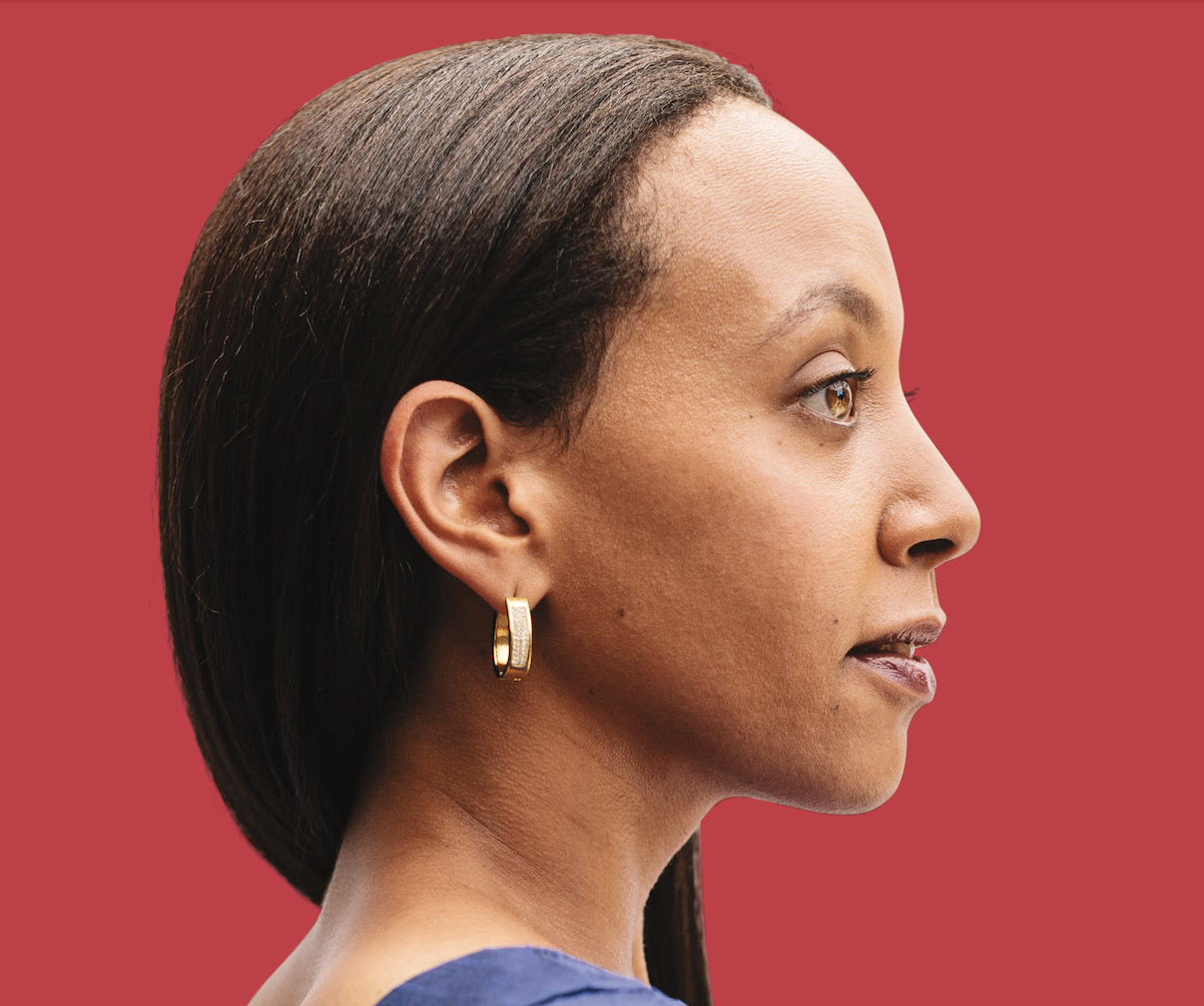Haben Girma, the first Deafblind person to graduate from Harvard Law School, is a human rights lawyer and disability rights advocate. In 2013, she was named a White House Champion of Change by President Obama, and she has been honored by President Bill Clinton, Prime Minister Justin Trudeau, and Chancellor Angel Merkel for her tireless efforts to advance disability justice. Ms. Girma was awarded the Heller Keller Achievement Award in 2018, named a Forbes 30 Under 30 recipient in 2016, and featured in Time100 Talks in 2020. Her memoir, Haben: The Deafblind Woman Who Conquered Harvard Law, details her life’s defining moments: the summers she spent in Eritrea and Ethiopia with her family, the challenges she faced at Harvard Law School, and the conversation she had with President Obama while celebrating the twenty-fifth anniversary of the Americans with Disabilities Act in 2015.
*This interview was conducted by email.
Sam Kolitch: What technology enables you to answer my questions in this format?
Haben Girma: Screenreading software converts graphical information on screen, whether a laptop or smart phone, to speech or digital braille. I use a combination of screen reading technology, a braille computer, and a laptop.
SK: In your book, you reflect on the similarities between Eritrea’s battle for independence and your own battles “as a Deafblind girl in a sighted, hearing world.” How did your family’s experiences with war and death impact the way in which you approach your life?
HB: I grew up with stories of resisting oppression. There is a lot of ableism in our world, and those early stories prepare me for the lifelong work of resisting ableism.
SK: You first invoked the Americans with Disabilities Act (ADA) to gain access to the cafeteria menu at Lewis & Clark. As you look back on that moment, what is your advice to other disabled individuals who may not be aware of everything that the ADA encompasses?
HB: The ADA is a powerful civil rights law for disabled people. Every disabled person should take some time to learn about the ADA and understand how it works.
SK: While the ADA is one of the most thorough civil rights laws in the United States, is there anything you would change or add to it?
HB: No. A lot of accessibility barriers are unfairly blamed on the ADA. Ableism is the main problem, not the ADA.
SK: What was going through your head as you met President Obama at the White House’s celebration of the ADA’s twenty-fifth anniversary?
HB: I wouldn’t want to drop any book spoilers for readers.
SK: As you look back on your time at Harvard Law School, in what ways did you have to shed restraining, ableist ideas you absorbed from others in order to become the lawyer you had wanted to be?
HB: There is still a widespread assumption that lawyers must be nondisabled. I needed to define for myself what it means to be a human rights lawyer.
SK: Why is education-based disability rights advocacy, specifically, so important to you?
HB: I’m personally drawn to the power of education to energize new advocates for justice.
SK: Lastly, what gives you hope that, as a society, we will make a world that is truly accessible to everyone?
HB: So many people are choosing to do the work of dismantling barriers, and that gives me hope.
